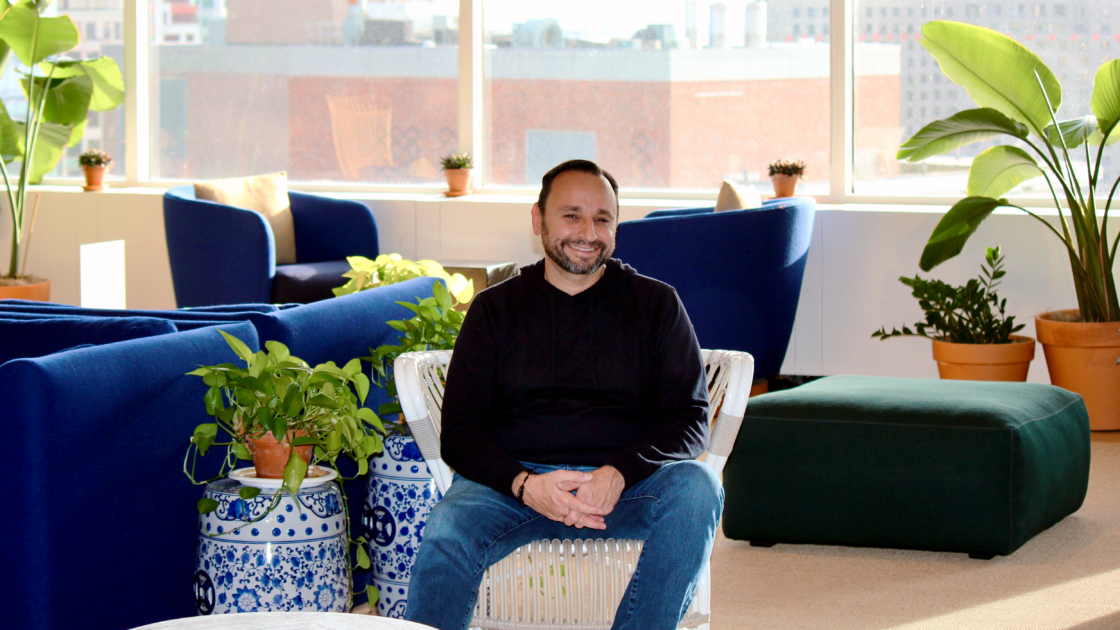It was July of 2013—the middle of winter in Brazil—when Lucas Caldeira Brant de Tolentino had trouble sleeping because he was so chilly. He got up to get another blanket.
The next day, he saw his mother reading a newspaper with a headline about four homeless people who had died from the cold in São Paulo.
“I started to understand my privileges at this moment,” he says. “I decided to go to the streets to talk with people who had survived the cold.”
Today he is president of Instituto Ninho Social, a nonprofit that works to meet the needs of São Paulo’s large homeless population. In the midst of a long and deep recession, the city has an estimated 30,000 homeless people, many of whom live under viaducts and beside highways.
Instituto Ninho Social was one of the big winners at the São Paulo Creator Awards, sponsored by WeWork. The $72,000 prize will help the organization expand its programs.
Through its flagship program called “Deliver for São Paulo,” Instituto Ninho Social has a team of 150 volunteers that each month delivers more than 1,000 packages—including a toothbrush and toothpaste, toilet paper, socks, mineral water, and a sandwich—to homeless people. Extra blankets are also available for those who need them.
Unlike its more tropical neighbor Rio de Janeiro, São Paulo has winters that more closely resembles many European capitals. The program has expanded to other cities in Brazil, including Santos, Campinas, Piracicaba, and Cuiaba.

For Tolentino, one of the most important aspects of Instituto Ninho Social’s outreach work is the interaction between the volunteers and the homeless.
“The engagement helps build for a more humane city,” he says.
Lucas is expanding Instituto Ninho Social to include “Project Laundry,” which will allow homeless people to wash their own clothes. It’s something he says is extremely important for people’s dignity.
“It’s very difficult for homeless people to wash their clothes,” says Tolentino. “They end up being worn until they are thrown away, which in some cases will be little more than a week.”
According to Lucas, a laundry room would increase the lifespan of the donated clothes and therefore expand the resources of Instituto Ninho Social. Another plus: Project Laundry users would be able to utilize the water to take hot showers.







